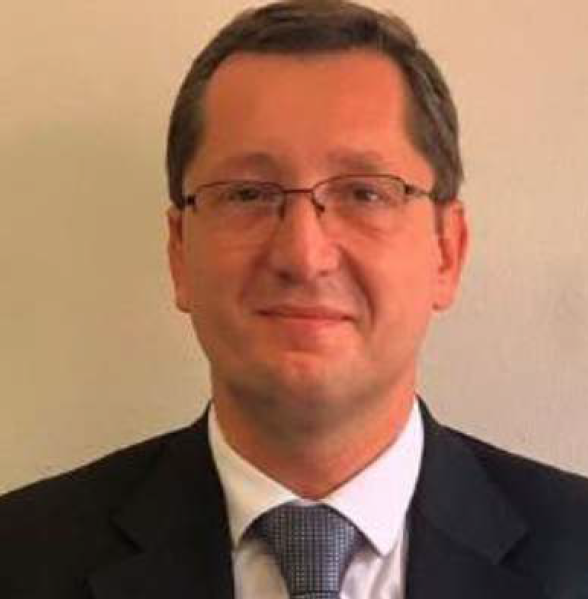Adriano Camps joined the CommSensLab-UPC group, Dept. of Signal Theory and Communications, Universitat Politècnica de Catalunya (UPC), Barcelona, Spain, as an Assistant Professor, in 1993, an Associate Professor in 1997, and has been a Full Professor since 2007. In 1999, he was on sabbatical leave with the Microwave Remote Sensing Laboratory, University of Massachusetts at Amherst, Amherst, MA, USA. He has authored or coauthored more than 285 articles published in peer-reviewed journals, nine book chapters, and the book with Emery Introduction to Satellite Remote Sensing: Atmosphere, Ocean, Land and Cryosphere Applications (Elsevier, 2017), and more than 559 conference presentations. His h-index is 64/51, and his publications have received more than 16.905/11.531 citations, and has advised 33 Ph.D. thesis students (more than ten on-going) and more than 160 final projects and M.Eng. theses. Dr. Camps was the recipient of several awards, including the European Young Investigator Award in 2004 (ERC precursor), the Catalan Institution for Research and Advanced Studies (ICREA) Academia Research Award in 2009 and 2015, the Duran Farell Award for Technology Transfer in 2000, 2010, and 2022, and the 2021 IEEE GRSS Education Award.
Position: Renowned researcher
-
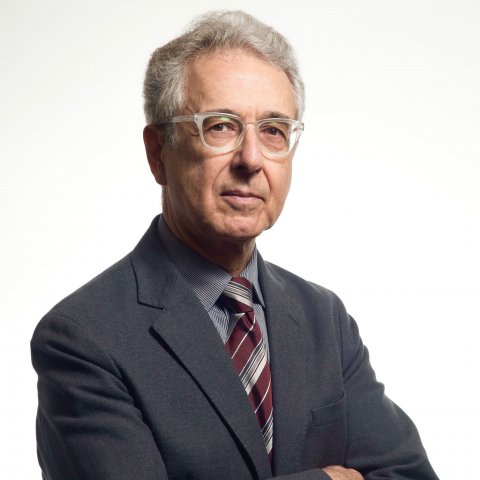
Joan J. Guinovart
Joan J. Guinovart graduated in Chemistry and in Pharmacy (1969) from the University of Barcelona (UB). He holds a PhD in Biochemistry (1973) from the same university and he is a Board-Certified Specialist in Clinical Biochemistry and Clinical Analysis. In 1974, he did his postdoctoral stage in the Department of Pharmacology at the University of Virginia (USA). He created the IRB-Barcelona, and was it’s Director (2005-2018). IRB Barcelona Emeritus professor (2021–present). He has been active as President or Member of Commitees in several Spanish and International scientific Societies and Unions of Biochemistry and Molecular Biology.
-
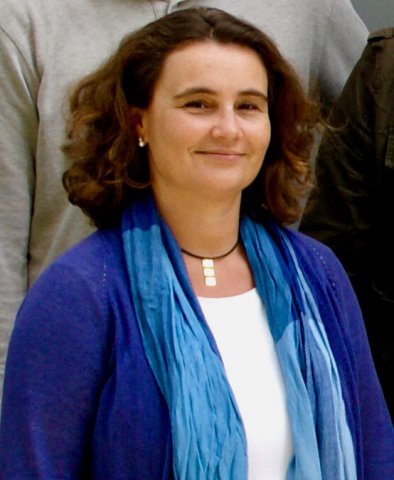
Elisabeth Engel
Elisabeth Engel got her PhD in 2003 in bone metabolism diseases in medical school. She was awarded a postdoc fellowship in biomaterials from the Ministry of Science at the Technical University of Catalonia (UPC) for bone tissue regeneration and since 2010 has been associate professor at this university. She was appointed principal investigator of the group of Biomaterials for Regenerative Therapies at IBEC in September 2012. Her research interests include the preparation and design of materials and scaffolds for in vitro and in vivo fundamental studies, and a further focus is the provision of useful tools to assess mechanisms that govern cell behavior in regenerative medicine. She has published around 80 papers in JRC journals and many invited lectures, and received the Barcelona City Council Award for her technological research. Her group conducts several transference and translational projects with pharma and biomedical device industry partners, and participates actively in European projects.
-
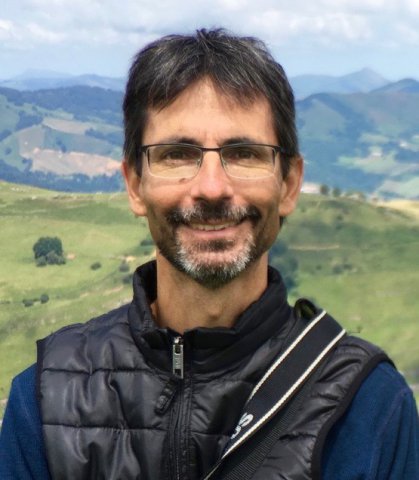
Iñaki Ruiz
Iñaki Ruiz is Professor at the Catalan Institution for Research and Advanced Studies (ICREA) and works at the IBE (CSIC-UPF) in Barcelona (Spain). His educational background includes a Bachelor in Biology from the University of Barcelona (UB) and a PhD in Biology from the same university. He completed a post-doctoral stage at the Dalhousie University (Canada). His current research interests include the study of the molecular mechanisms involved in the origin of multicellular animals, the analysis of genomes of different protists, the study of higher phylogenetic relationships of eukaryotes, and the understanding of the genetic repertoire of the last eukaryotic common ancestor. He is a recipient of the prestigious Consolidator Grant from the European Research Council (ERC).
-
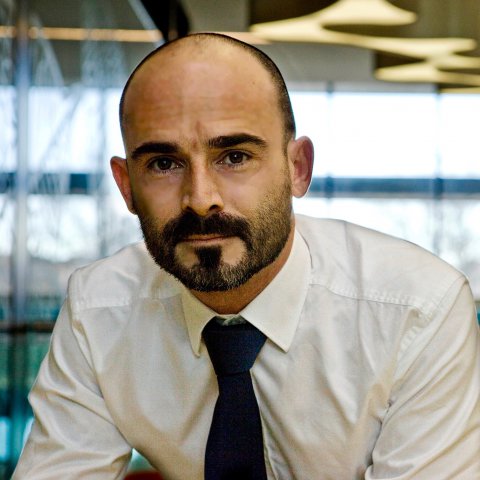
Romain Quidant
Romain Quidant received his PhD in Physics in 2002 from the University of Dijon (France). Since then he has worked in Barcelona at ICFO in the field of nanoplasmonics. In 2006, he was appointed junior Professor and junior group leader of the Plasmon NanoOptics group at ICFO. In 2009, he became ICREA Professor and tenure group leader at ICFO. His research focuses on the study of the optical properties of metal nano-structures, known as nanoplasmonics. The activities of his group cover both fundamental and applied research. The fundamental part of his work is mainly directed towards enhanced light/matter interaction for quantum optics. From a more applied viewpoint, his group investigates the use of light and heat control at the nanometer scale for biomedical applications, including early detection and less invasive therapies. His research trajectory has been acknowledged by several national and international prizes among which the Fresnel prize from the European Physics Society (2009), the prizes of the City of Barcelona (2010) and the Fundació Príncep de Girona (2011), the 2012 ICO prize from the International Commission for Optics and more recently the 2015 national prize for research (in the category young talent). In 2010 he obtained a Starting Grant from the European Research Council (ERC) that was complemented by an ERC Proof-of-concept grant in 2011. In 2015, Quidant was awarded an ERC Consolidator Grant and another Proof of Concept grant.
-
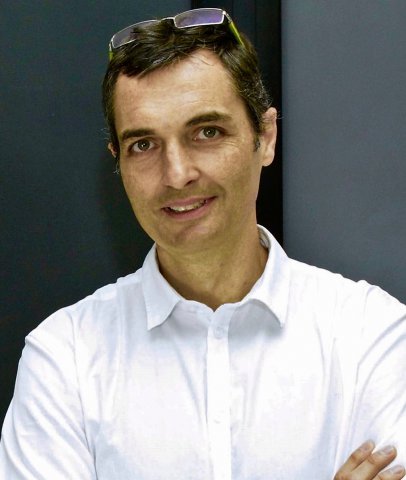
Víctor Guallar
- PhD in Physical Chemistry by UC Berkeley, California (USA) and Autonomous University of Barcelona.
- Postdoctoral researcher at Columbia University, New York (USA).
- Assistant Professor at Washington University in St. Louis (USA).
- Professor at the Catalan Institution for Research and Advanced Studies (ICREA) in the Life Science Department at the BSC.
-
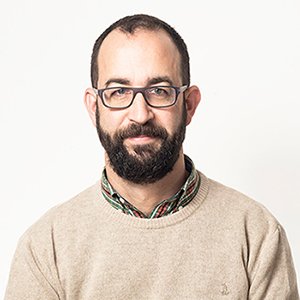
Marco Milán
- Degree in Biology by the Complutense University of Madrid (UCM).
- PhD by the Autonomous University of Madrid (UAM).
- Staff scientist at the European Molecular Biology Laboratory (EMBL) – Heidelberg, Germany
- Professor at the Catalan Institution for Research and Advanced Studies (ICREA).
- Leader of the Development and Growth Control Laboratory at IRB Barcelona.
- Coordinator of the Mechanisms of Disease Programme at IRB Barcelona.
-
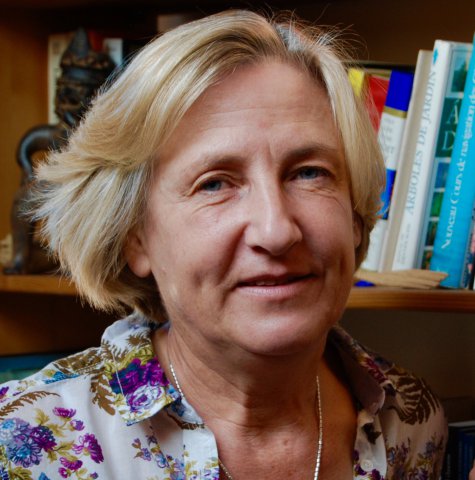
Martine Bosman
- PhD in experimental nuclear physics at the cyclotron of Louvain-La-Neuve – Belgium.
- Granted with a research fellowship at European Organization for Nuclear Research (CERN) – Geneva, Switzerland.
- Participation in experiments at the CERN SPS proton accelerator, the electron-positron collider (PEP) at the Stanford Linear Accelerator Centre (SLAC) the LEP electron-positron collider at CERN and the ATLAS detector at the LHC.
- Chair of the ATLAS Collaboration Board.
- Award of the “Narcís Monturiol” seal to scientific and technological merit by the Government of Catalonia.
-
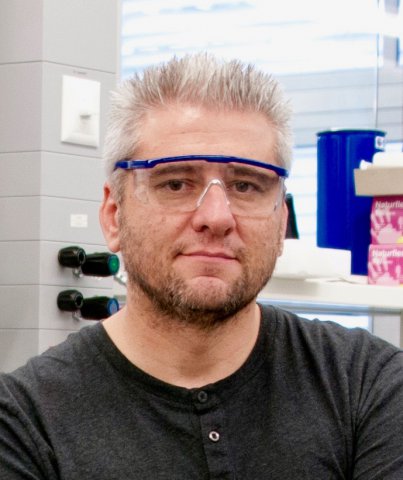
José Ramón Galán
- He joined the ICIQ in 2009, where he leads a research group focused on the synthesis, physical characterization and processing of transition-metal complexes of interest in Biology and Materials Sciences.
- He studied Chemistry at University of Valencia (Spain) and the Imperial College in London (UK) reaching a PhD by University of Valencia.
- In 2002, he got a Ramón y Cajal Fellowship to join the Institute of Molecular Science in Valencia, where he worked in multifunctional materials with combination of physical properties, and received the Young Chemist Research Award (2002) of the Spanish Royal Society of Chemistry.
- In 2008 he received the Olivier Kahn International Award (2008) of MAGMANet European Network of Excellence.
- In 2010 he became Professor at the Catalan Institution for Research and Advanced Studies (ICREA).
- Recipient of ERC Starting Grant and ERC Proof of Concept Grant.
- Major research interests on synthetic bioinorganic models for energy applications.
-
Clement Moulin
Clement Moulin obtained his PhD in Engineering of Cognition, Interaction, Learning and Creation from Grenoble University in 2011. His main research interests are the modelling of social behavior formation in sensorimotor agents. In 2009 he has been a visiting scholar in Michael Arbib’s lab at the University of Southern California. After a short contract at the Collège de France in Paris where he worked on probabilist optimal control, he conducted his research between 2011 and 2014 in the Flowers group at Inria Bordeaux (France), in the field of developmental robotics. He has developed the open-source Explauto library for the modelling of curiosity-driven learning and is a member of the Poppy project where he has realized a number of open-source robotic demonstrations. He has published approximately 20 papers in various international journals and conferences.
